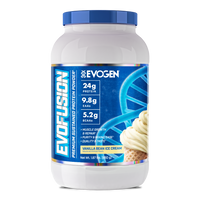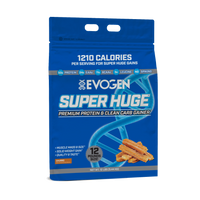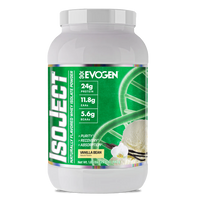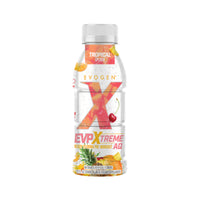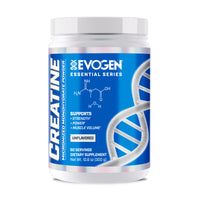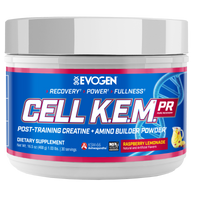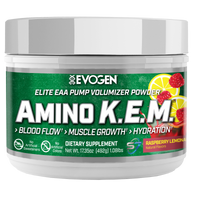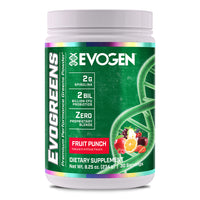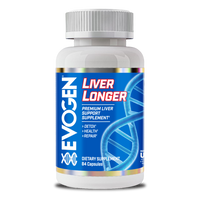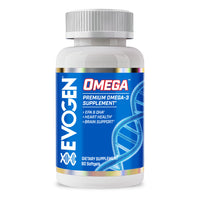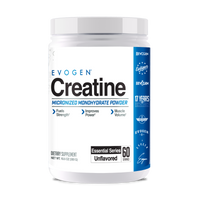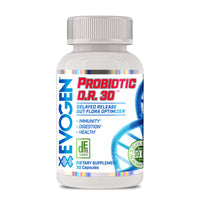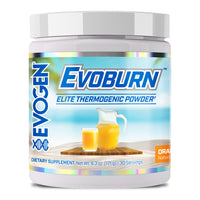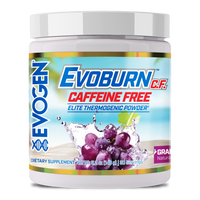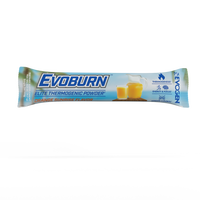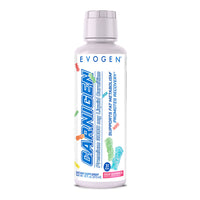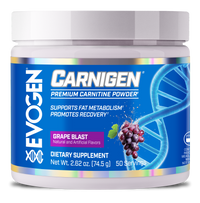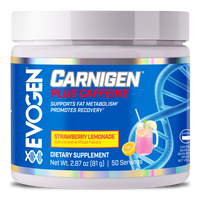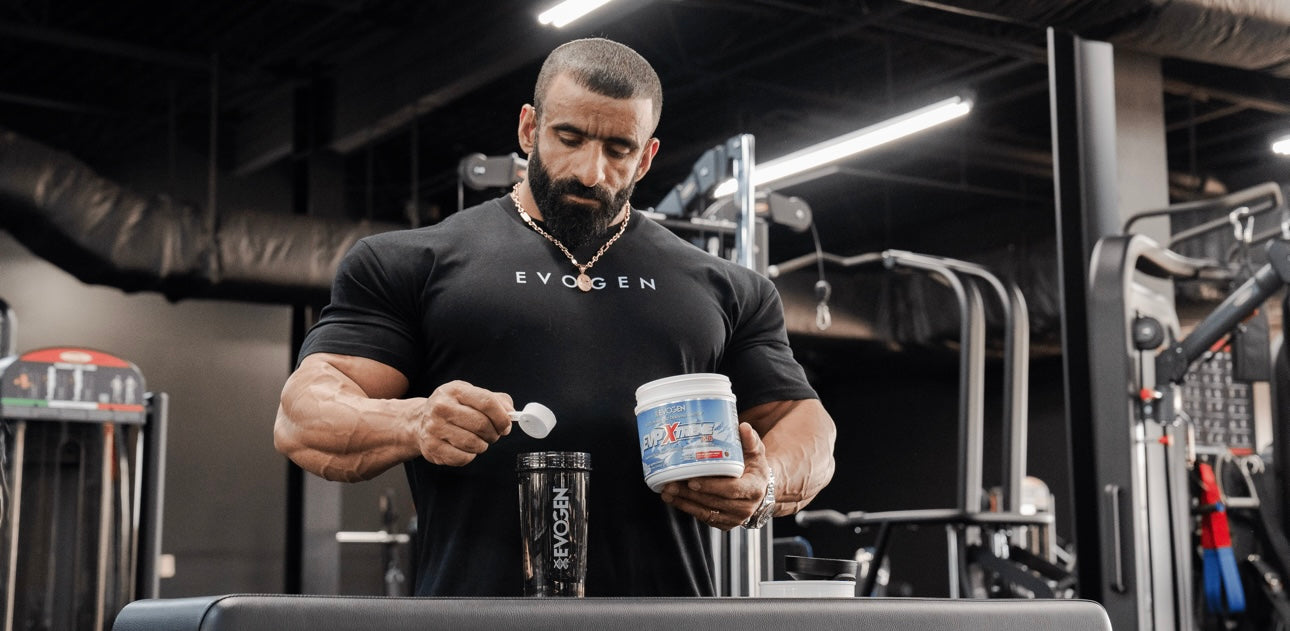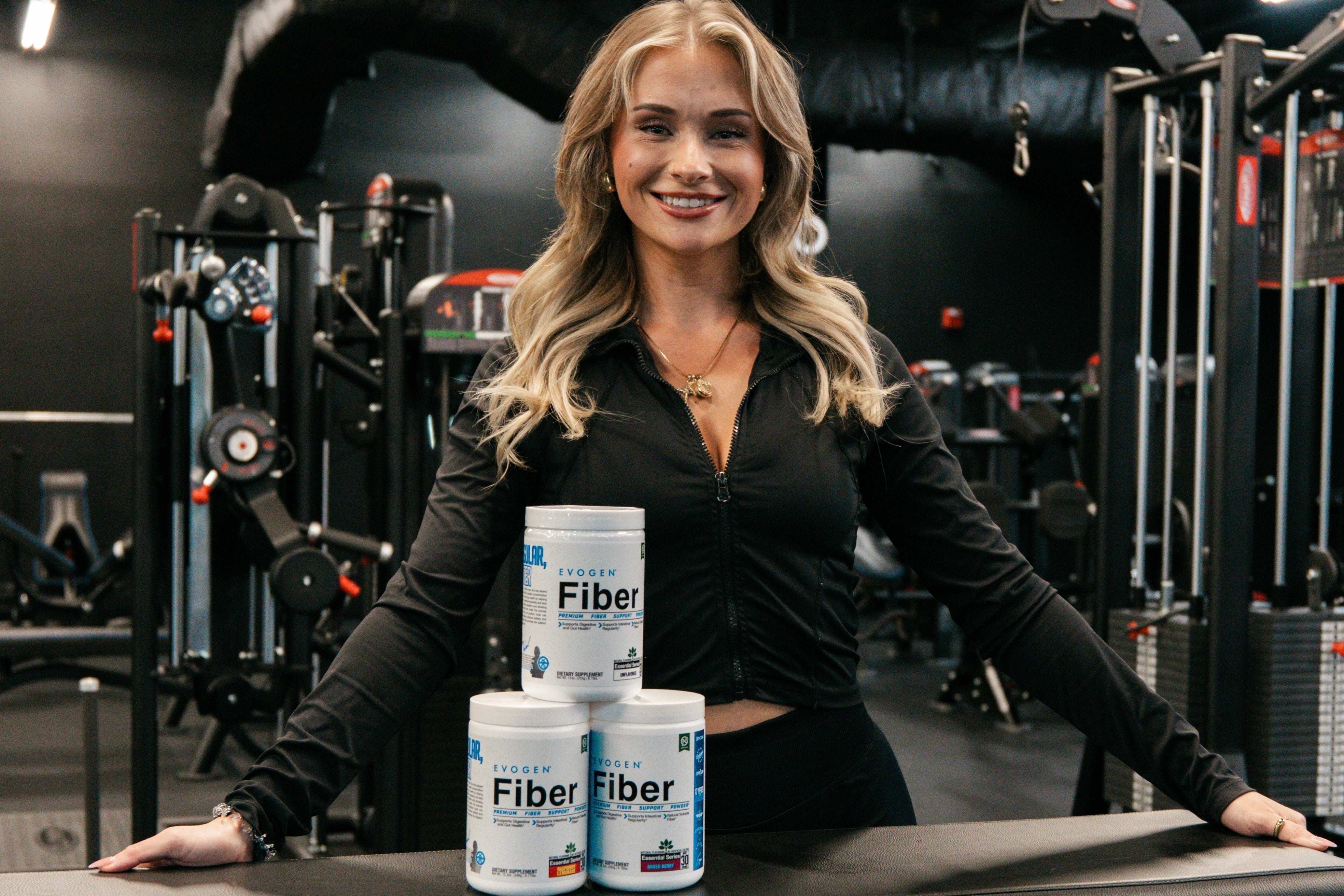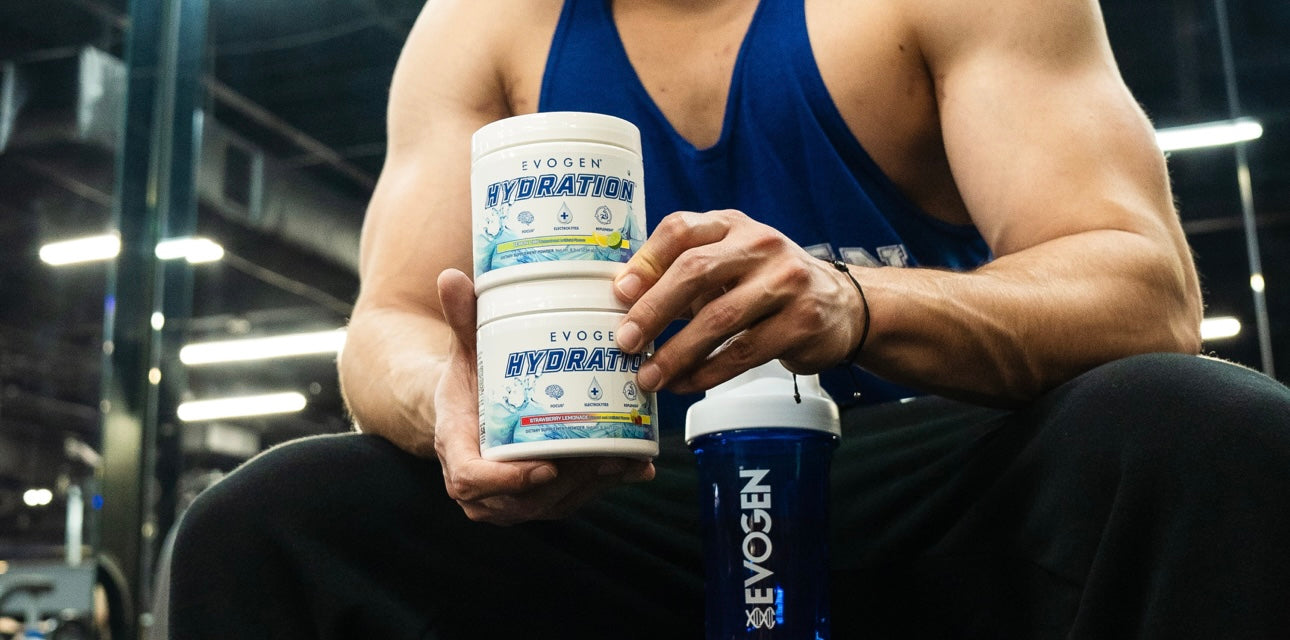Have you ever wondered how long the effects of pre-workout supplements last? The answer depends on factors like caffeine content, stimulant type, and personal tolerance. While many athletes feel the energy surge for 1–3 hours, the actual duration can vary based on ingredients and metabolism.
Research shows that caffeine’s half-life averages around 5 hours, but its noticeable effects, like heightened alertness and decreased fatigue, typically peak within 30–60 minutes and begin fading after about 3 hours. This supports the 1–3 hour active window people commonly experience.
Given caffeine’s longevity in your system, experts recommend avoiding pre-workout 4–6 hours before bedtime to protect recovery and sleep quality.
When Pre-Workout Starts Working
Pre-workout supplements typically kick in within 15 to 30 minutes after consumption. This timing allows the active ingredients to enter your bloodstream and begin their performance-enhancing effects. The onset can vary based on whether you've eaten recently, your metabolism, and the specific formula you're using.
Signs Pre-Workout Is Kicking In
Most athletes take pre-workout 20–30 minutes before training to align peak effects with their workout. Absorption is faster on an empty stomach and slightly slower with food, but both approaches can be effective depending on your routine.
The initial signs that your pre-workout is working include increased alertness, a slight tingling sensation (from beta-alanine), and a general feeling of readiness to train. Your heart rate might slightly elevate, and you'll notice improved mental focus. These early effects signal that your body is priming itself for the intense workout ahead. Among popular choices, Evogen Nutrition pre-workouts like EVP AQ Liquid Glycerol are favored for steady pumps and focus throughout your workout.
Formula and Absorption Differences
Empty stomach consumption typically leads to faster absorption, while having food in your system can slow things down but provide more sustained energy.
Absorption also varies depending on whether you’re using a powder-based pre-workout drink or a ready-to-drink liquid formula. Liquids tend to hit faster because they require less digestion, while powders, especially those taken with food, can take longer to kick in.
Timing for Different Athletes
For athletes looking to fine-tune their supplement schedule, Evogen shares detailed strategies on how to use EVP pre-workouts throughout the day. This difference matters if you train in the morning versus later in the day.
For example:
- Morning workouts: Taking pre-workout on an empty stomach often delivers a sharper, quicker boost.
- Evening workouts: Taking it with a small meal can provide steadier, longer-lasting energy without overstimulation.
Athletes often experiment with timing based on training style. Powerlifters might want peak effects right at the start of their session for heavy lifts. In contrast, endurance athletes might aim for effects to peak midway through a long run or cycle. Tailoring your pre-workout timing to your sport can make a noticeable difference in workout performance.
How Long Does Pre-Workout Last?
Understanding the duration of pre-workout effects helps you plan your training sessions more effectively. The active ingredients in pre-workout formulas work on different timelines, creating a complex pattern of effects throughout your body. While the immediate energy boost might fade after a couple of hours, some components continue working long after your workout ends.
Factors that Impact Duration
The overall duration depends on multiple factors, including the specific ingredients, dosage, and your individual metabolism. Most users experience peak effects between 30 minutes to 2 hours after consumption, with a gradual decline afterward.
Your body's ability to process and eliminate these compounds plays a crucial role in determining how long you'll feel the effects.
Caffeine, Hydration, and Body Composition
Caffeine can remain active in the body for several hours, often 5 or more, which explains why late-night use of caffeinated pre-workouts may affect sleep. The implication? Late-night lifters should be cautious. Some pre-workouts use standard caffeine, while others rely on sustained-release blends for smoother energy. Evogen emphasizes advanced pump and performance ingredients like liquid glycerol and nitrosigine instead of extended-release caffeine.
Your body composition and hydration status further influence duration. Dehydration slows the clearance of stimulants, extending their perceived effects. Conversely, athletes with higher muscle mass may metabolize ingredients differently than those with higher body fat. Evogen’s pre-workout blends are formulated to deliver steady focus and endurance, helping athletes avoid the sudden crash that can come with lower-quality formulas.
How Long Do Most Pre-Workout Formulas Last?
Most standard pre-workouts provide noticeable effects for 1.5 to 3 hours, based on user reports. Athletes using Evogen Nutrition's EVP Xtreme N.O. pre-workout often share that they experience lasting focus and energy throughout typical 2–3 hour training sessions. As Brazilian Jiu-Jitsu athlete Nicky Rod notes, EVP Xtreme N.O. “pushes him through his long training days.”
After the peak, effects gradually taper off over the next hour or two. You won't suddenly crash but rather experience a gentle decline back to baseline energy levels. This gradual reduction helps prevent the jittery crash associated with lower-quality supplements. The lingering effects can still support recovery and muscle protein synthesis even after your workout ends.
How Long Pre-Workout Powder Effects Can Be Felt
Pre-workout powder effects manifest in waves throughout your system. The immediate energy boost from caffeine and other stimulants hits first, usually within 15 to 20 minutes. This initial wave brings heightened alertness and motivation. Following closely behind, ingredients like citrulline malate begin enhancing blood flow, creating that coveted pump sensation.
The secondary wave of effects includes improved muscular endurance and reduced fatigue perception. These benefits typically last throughout your entire workout and sometimes beyond. Beta-alanine's tingling sensation might persist for 60 to 90 minutes, while the performance benefits continue working at the cellular level. Even after the obvious effects fade, your muscles continue benefiting from improved nutrient delivery and waste removal processes initiated by the pre-workout ingredients.
What Affects How Long Pre-Workout Lasts?
Several key factors determine how long your pre-workout will keep you energized and focused. Your unique physiology, lifestyle habits, and the specific formula you choose all play crucial roles.
Physiological Factors
- Body size and composition – larger athletes may need higher servings.
- Metabolism speed – faster metabolisms process ingredients more quickly.
- Caffeine intake and tolerance – regular users may feel shorter effects.
- Caffeine sensitivity – genetics affect how strongly you respond.
- Hydration – good hydration supports absorption and smoother effects.
- Training type – endurance sessions may sustain effects longer than short, explosive workouts.
Training Factors
The type of training also matters. Short, high-intensity sessions can burn through energy more quickly, while endurance-focused workouts often feel better supported by pump and stamina ingredients in pre-workouts.
Common Pre-Workout Ingredients and Their Timing
Pre-workout formulas contain a variety of ingredients, each with its own timeline and purpose. Understanding how these components work helps you make informed choices about your supplementation. The most effective pre-workouts combine multiple ingredients that work synergistically to enhance your training.
- Beta-Alanine – Known for the tingling sensation many athletes feel, beta-alanine helps buffer acid buildup in muscles. Consistent use supports endurance and reduces fatigue over time.
- Branched-Chain Amino Acids (BCAAs) – Leucine, isoleucine, and valine provide immediate fuel to working muscles and may reduce soreness during and after training.
- Essential & Non-Essential Amino Acids – Essential amino acids supply building blocks for muscle performance, while non-essentials like citrulline support blood flow and pumps. Together, they help sustain performance for 2–3 hours.
- Creatine Monohydrate – A research-backed ingredient that replenishes ATP energy stores. When taken consistently, creatine supports strength, power, and training volume by replenishing ATP energy stores.
- Other additions: Taurine (hydration and cardiovascular support) and Tyrosine (mental alertness) further extend the performance benefits of a well-rounded pre-workout supplement.
How Pre-Workout Supports Exercise Performance
Pre-workout supplements enhance exercise performance through multiple mechanisms. They don't just provide energy - they optimize your body's ability to train harder, longer, and more effectively. Understanding these mechanisms helps you appreciate why quality pre-workouts have become essential tools for serious athletes.
The benefits extend across all aspects of training, from strength and power output to endurance and recovery. By targeting different systems simultaneously, pre-workouts create an environment where your body can perform at its peak.
Strength and Endurance Benefits
Pre-workout enhances both energy and focus, allowing you to train with better intensity and concentration. Endurance athletes also benefit from improved circulation and delayed fatigue during long sessions.
Benefits Across Training Styles
While much of the focus is on strength training, endurance athletes also benefit from pre-workout supplementation. By improving cardiovascular function and blood flow, ingredients like citrulline enhance oxygen delivery during long-distance events. Beta-alanine helps delay the onset of muscular fatigue during high-intensity intervals, while BCAAs support energy production and muscle preservation during extended sessions.
Using Pre-Workout for Muscle Growth and Athletic Performance
Pre-workout supplements play a vital role in supporting both muscle growth and overall athletic performance. They create optimal conditions for training intensity, which drives adaptation and progress.
Supporting Muscle Growth
Consistent use of quality pre-workouts can accelerate your progress toward strength and physique goals. They enable you to train with greater volume and intensity, two key factors in stimulating muscle growth. The enhanced recovery support also means you can maintain higher training frequency without burnout.
Mental and Tactical Benefits
By boosting training volume, intensity, and recovery support, pre-workouts help create the conditions needed for muscle growth. They also sharpen mental focus, giving athletes a valuable edge in both training and competition.
The benefits of mental performance often prove just as valuable as the physical ones. When you feel alert and focused, you make better tactical decisions and maintain technique under fatigue. This mental edge can mean the difference between a personal record and a mediocre session. Regular pre-workout use helps develop mental toughness by allowing you to consistently train at higher intensities.
Stimulant-Free Pre-Workouts and How Long They Last
Some athletes prefer stimulant-free pre-workouts, which provide performance benefits without caffeine or nervous system stimulants. These formulas rely on ingredients like citrulline, beta-alanine, and nootropics to enhance training without affecting sleep or causing jitters.
They’re especially useful for evening training or for athletes cycling off stimulants. Evogen explains the optimal timing between stim and non-stim pre-workouts so athletes can adjust based on training style and recovery needs.
Performance ingredients in stimulant-free formulas often include higher doses of pump enhancers and endurance supporters. You might find 6-8 grams of citrulline malate compared to 3-4 grams in standard formulas.
Tips for Getting the Most from Pre-Workout
Maximizing the benefits of your pre-workout supplements requires more than just taking a scoop before training. Strategic usage, proper timing, and smart lifestyle choices all play crucial roles. By following these guidelines, you can enhance effectiveness while minimizing potential downsides.
Match Your Supplement to Your Goals
The foundation of effective pre-workout use lies in matching your supplement to your specific goals. Different formulas cater to different needs, from strength and power athletes to endurance specialists. If you’re unsure where to start, Evogen’s breakdown can help you choose the right type of Evogen pre-workout for your goals. Selecting the right product and using it correctly makes all the difference in your results.
When to Take Pre-Workout for Maximum Effect
Take your pre-workout 20–30 minutes before training to allow digestion and ensure peak effects during your workout. For longer sessions, consider formulas with extended-release ingredients to maintain performance throughout.
To maximize your pre-workout:
- Take 20–30 minutes before training.
- Match the formula to your goal (strength, fat loss, or endurance).
- Pair with 12–16 oz of water for better absorption.
- Cycle stimulant-heavy products to maintain effectiveness.
Is Pre-Workout Worth It for Lasting Energy?
Pre-workout supplements offer a powerful way to enhance training sessions when used correctly. Understanding how long they last and what factors influence their effects empowers you to train smarter and recover better. By aligning supplement timing with your workout goals and lifestyle, you maximize benefits while minimizing downsides.
Pre-workouts aren’t one-size-fits-all, but when used strategically, they can boost strength, endurance, focus, and recovery. For athletes seeking proven, science-backed formulas, Evogen Nutrition offers performance-driven options to fuel every training goal.
For athletes and serious lifters, pre-workout can be the difference between a good session and a great one. When used strategically, it supports strength, endurance, focus, and recovery, all essential for long-term progress. To get the most out of your training, choose a trusted brand like Evogen Nutrition, known for science-backed formulas designed to fuel performance at every level.
Frequently Asked Questions (FAQs)
How Long Does Pre-Workout Last on an Empty Stomach?
Effects can begin within 15 minutes and typically last 1.5 to 3 hours. The duration may be slightly shorter since ingredients absorb faster without food.
Can Pre-Workout Keep You Awake at Night?
Yes, especially if it contains caffeine. Avoid taking pre-workout within 4–6 hours of bedtime to protect sleep quality.
Do Non-Stimulant Pre-Workouts Last as Long as Caffeinated Ones?
They can last just as long, but the effects focus on pumps, endurance, and focus rather than an energy rush.
Is it Safe to Take Pre-Workout Every Day?
Yes, if used responsibly and cycled properly. Rotate stimulant and stimulant-free formulas to prevent tolerance buildup.
How Long Before My Workout Should I Take Pre-Workout?
Typically, 20–30 minutes, depending on the formula and whether you have food in your system.

